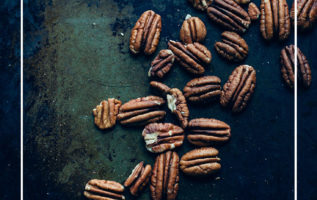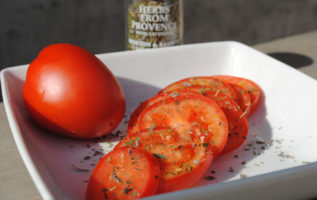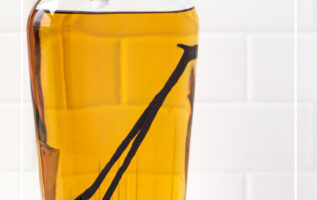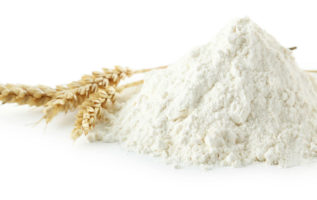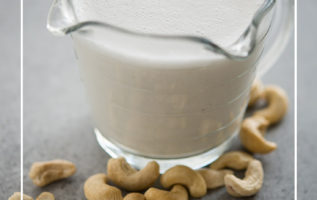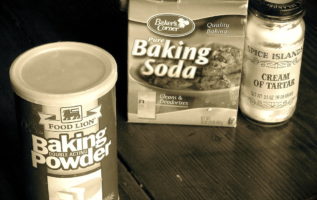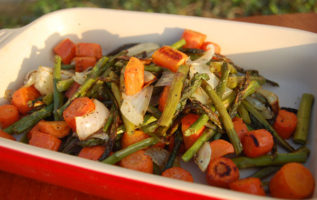
The word “reduction” too often has a negative connotation attached to it. Reduction in workforce comes to mind, as does a reduction in salary — something too many of us have experienced these days!
In the culinary world, however, reduction is all good. That’s because with reduction comes flavor, or more appropriately, the intensification of flavor. That, in my book, is always a positive.
Here’s what reduction is all about, plus an example of how to do it.
Let’s start with the definition: This one’s easy: “Reduction” in culinary terms means the same thing it does in regular terms — simply subtracting something, aka, reducing it.
Application: In food terms, “reduction” is often applied to a sauce, and just the thought of it is making my mouth water. In a red wine reduction, for example, you might begin with a half cup of wine in a pan, and under high heat, make the wine evaporate so there is only half that amount or less.
As the wine evaporates, the flavors intensify and the texture changes to become more syrupy.
Example: Wine isn’t the only liquid that’s a good candidate for reduction, which requires high heat so rapid evaporation takes place.
My last recipe, Glorious Glazed Carrots, called for a reduction of the liquid it used to create a sweet syrup. In that example, we used chicken broth to cook the carrots in. At the end, we finished by cranking up the heat and reducing the sauce so that its flavor intensified and, when combined with the sugar and butter, created a wonderfully sweet, thickened glaze for the carrots.
To make reduction a reality, you need more than just a flavorful liquid and high heat. It’s also essential to have a wide, shallow pan, preferably with sloped sides. This kind of setup will allow for the best evaporation because there is more surface area for the liquid, allowing the it to more easily escape into the surrounding air. This is where it also helps to have a splatter screen — that is, unless you have an affinity for scrubbing tiny wine spots from your range.
Have a question about this technique or some additional reduction advice? Comment below!
Source: iwanttocook.com (defunct blog)





















